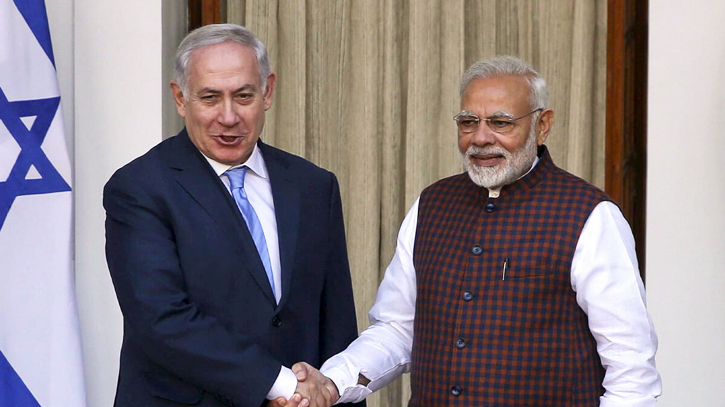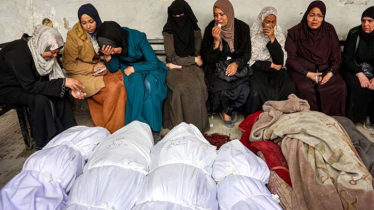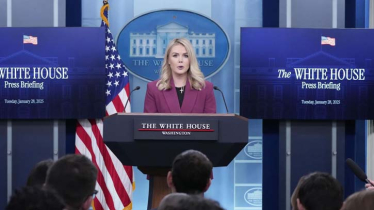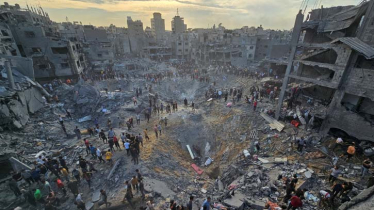
Photo : Collected
Indian authorities have barred any solidarity protest in Muslim-majority Kashmir and asked Muslim preachers not to mention the conflict in their sermons, residents and religious leaders told.
The restrictions are part of India's efforts to curb any form of protest that could turn into demands for ending New Delhi's rule in the disputed region. They also reflect a shift in India's foreign policy under populist Prime Minister Narendra Modi away from its long-held support for the Palestinians, analysts say.
India has long walked a tightrope between the warring sides, with historically close ties to both. While India strongly condemned the Oct. 7 attack by the militant group Hamas and expressed solidarity with Israel, it urged that international humanitarian law be upheld in Gaza amid rising civilian deaths.
India abstained during the United Nations General Assembly vote that called for a humanitarian cease-fire in Gaza, a departure from its usual voting record. New Delhi said the vote did not condemn the Oct. 7 assault by Hamas.
India "views Israel's assault on Gaza as a counterterrorism operation meant to eliminate Hamas and not directly target Palestinian civilians, exactly the way Israel views the conflict said Michael Kugelman, director of the Wilson Center's South Asia Institute
India's foreign minister, Subrahmanyam Jaishankar, sought to justify India's abstention.
"It is not just a government view. If you ask any average Indian, terrorism is an issue which is very close to people's heart, because very few countries and societies have suffered terrorism as much as we have," he told a media event in New Delhi on Saturday (4 November).
Messenger/Sun Yath








